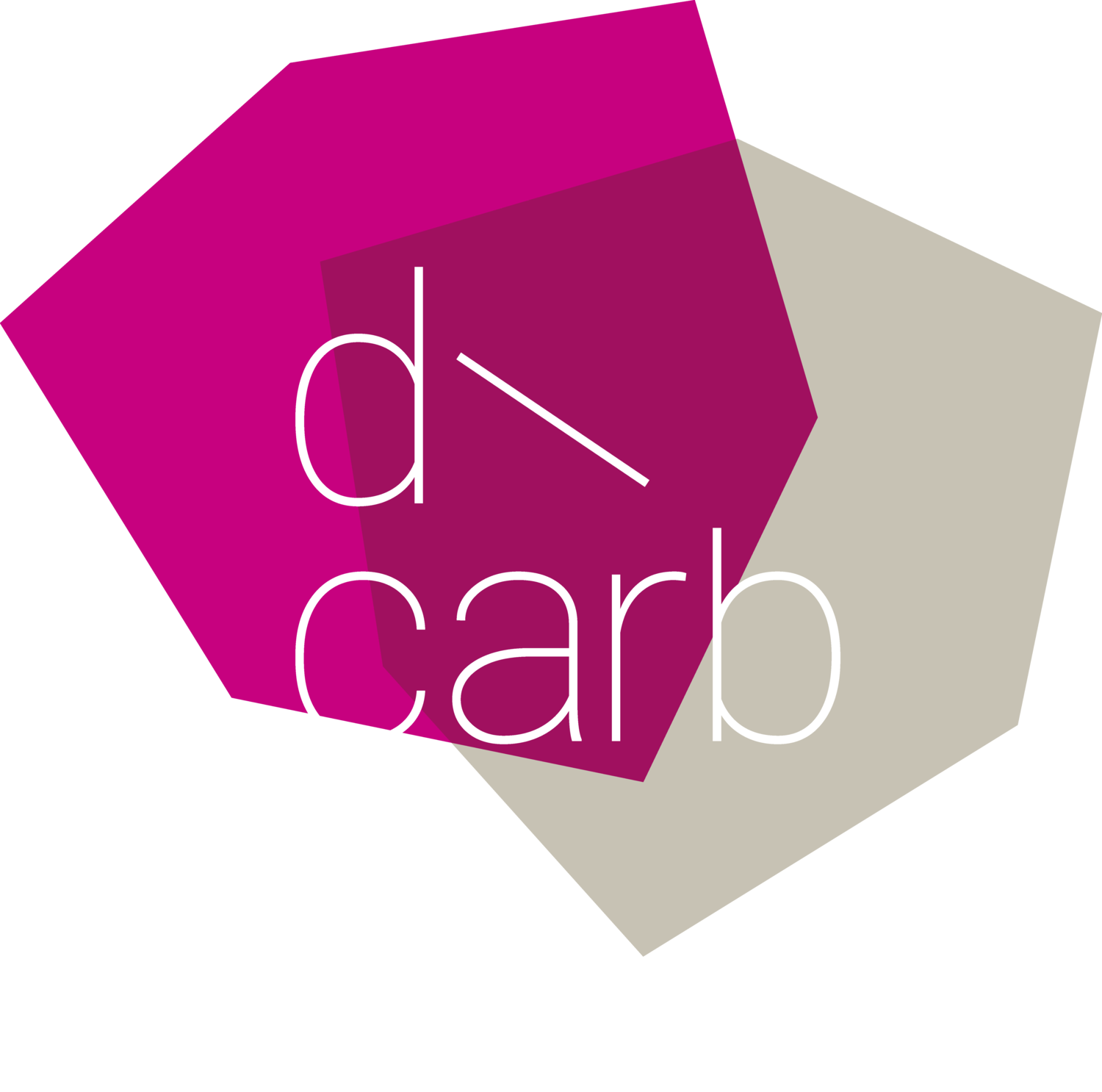Making Money & Saving the Planet - What is needed to bring it together?
Prof. Giovanna Michelson: The real effects of non-financial CSR reporting – for whom and how to develop standards?
In her talk, Professor Michelon raised the question of which groups corporate social responsibility (CSR) reporting standards are targeted to, arguing that this determines its real effects. Currently, the European reporting framework (NFRD, CSRD) is mainly oriented towards investor’s information needs which in turn relate to market prices and capital allocation. She moreover emphasized the difference between the scope and purpose of a reporting scheme. While the new CSRD ensures more companies have to file a CSR report in the near future, it still does not change the purpose of fitting investor needs. That’s an important start, but it will not be sufficient to achieve sustainable businesses. Professor Michelon concluded that the purpose of reporting has to extend beyond a relation to market prices and capital allocation as this focus on the price mechanism disregards negative external effects on the climate.
Christian Felber: The Economy for the Common Good creates the right incentives for business
In his talk, Christiane Felber presented an alternative approach that improves on the current mandatory reporting scheme. The Economy for the Common Good approach requires businesses to create a Common Good Balance Sheet which intertwines economy, ecology, and society. This quantifies the operations of a business in relation to ecological and social environment while the process at the same time supports corporate development together with stakeholders and shareholders. As such, it is fundamentally different from the top-down mandatory European Union standards geared primarily toward the needs of investors. Christian Felber suggested two ways of leveraging the Common Good approach towards wider socioecological transformation. First, to reorganize corporate taxation along a quantifiable balance of ecological and social behavior of the company. Secondly, by using the Common Good Balance Sheet in public procurement decisions, for example for new buildings or simply for the cleaning of a city hall or a school. Many companies already use the Common Good Balance Sheet by own choice
Alma Spribille: “WEtell GmbH” uses the Common Good Balance Sheet and 100% renewable energy in a competitive market
In her talk, Alma Spribille shared the experiences of “WEtell GmbH” in conducting the Common Good Balance Sheet. She emphasized the benefit of creating the Common Good Balance Sheet as a great opportunity of reflection and developing the team and the business together. An immense motivation for the employees is to show how a sustainable company can emerge in a competitive market like theirs with providing telecommunications and internet services.
Three insights from the event
The recent regulatory development at the European level with the new CSRD framework for non-
financial reporting is not sufficient. Too few companies apply it and its real effects on
sustainability are minor. Furthermore, its perspective should be expanded beyond that of the
investors.Approaches like the Economy for the Common Good already develop non-financial reporting
further into a quantifiable measure that can be used to set the right incentives for businesses.The example of WEtell GmbH shows that companies do not need to wait for regulators and policy
to catch up. Even in a competitive sector, they can already start to decarbonise into a purposeful
Future Economy.

